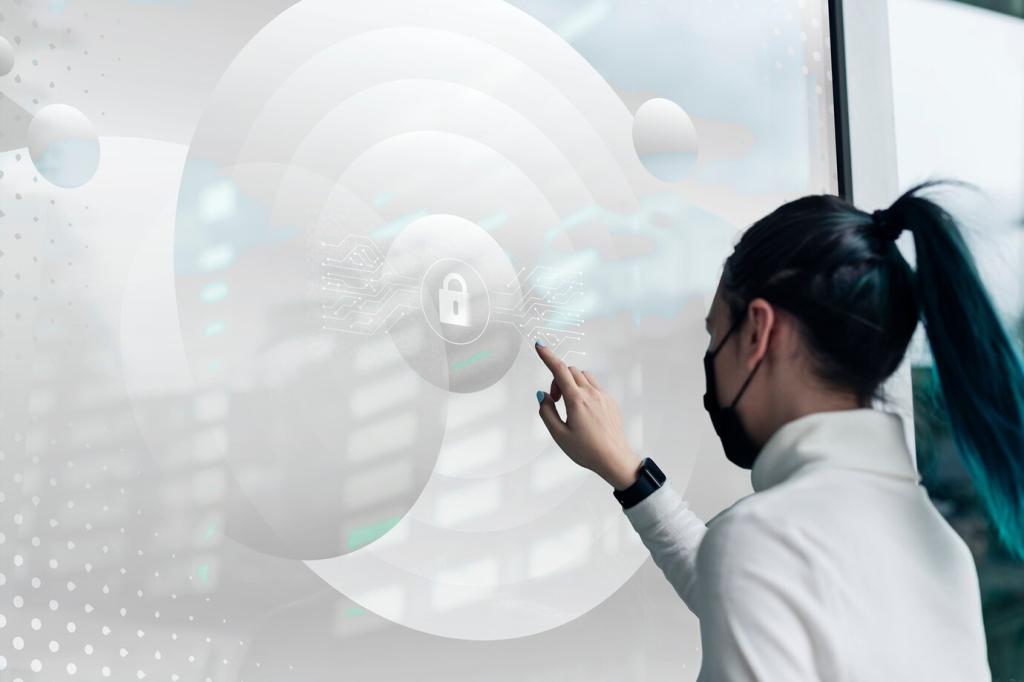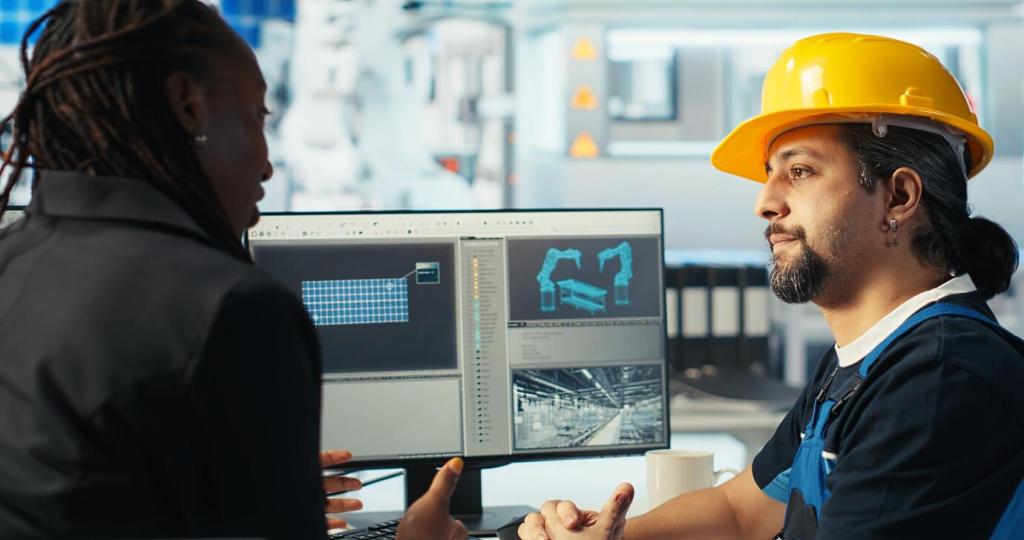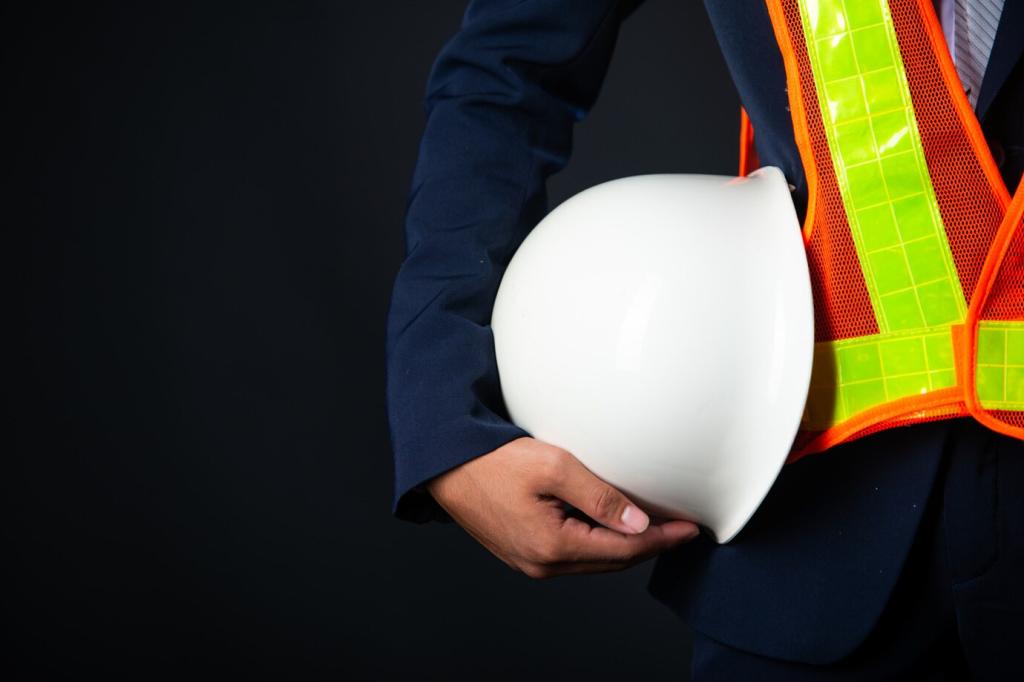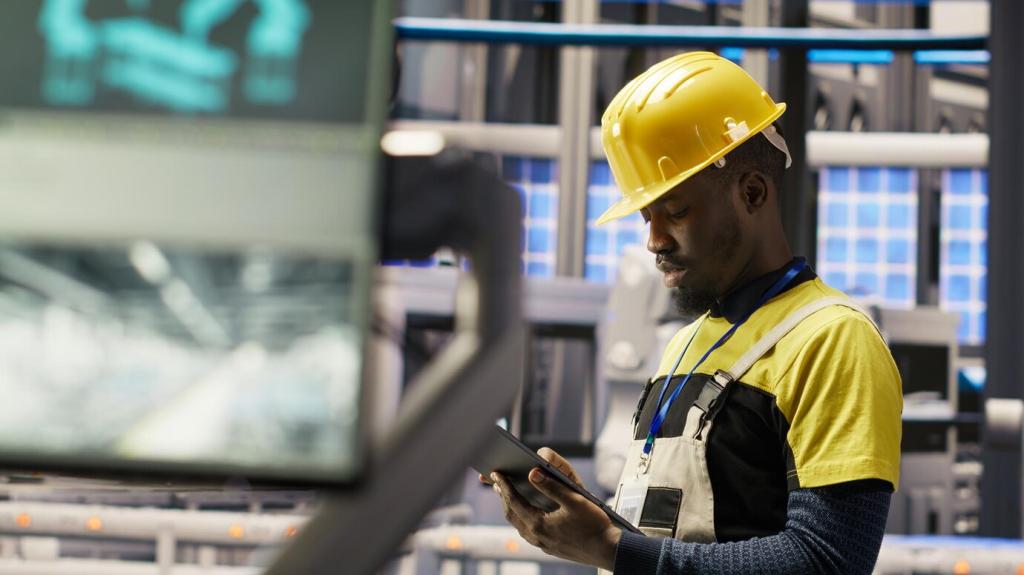Smart Dash Cameras for Enhanced Road Safety
Smart dash cameras are transforming the way we experience road travel by adding an extra layer of safety, security, and efficiency. As technology advances, these compact devices are equipped with powerful features designed to monitor driving behavior, record incidents, and provide crucial evidence when needed. From individual drivers to commercial fleets, smart dash cameras are rapidly becoming a staple in enhancing road safety and ensuring accountability on the roads. This comprehensive page explores the vital role of smart dash cameras, their cutting-edge technologies, user benefits, and much more, providing insights for anyone interested in safer driving practices.
The Evolution of Dash Camera Technology
The initial adoption of dashboard cameras was limited by technology and accessibility. Early models were basic, primarily serving as video recording devices without additional features like connectivity or advanced analytics. Over time, as technology progressed, dash cams became more reliable, offering better video quality, storage options, and power solutions. These developments laid the groundwork for today’s interconnected, intelligent systems, paving the way for smart dash cameras to become standard safety equipment.

High-Definition Video and Night Vision
Capturing clear, precise footage is essential for any dash camera, but high-definition video—sometimes up to 4K resolution—sets modern smart dash cameras apart. Night vision technology ensures that low-light conditions do not impair recording quality. With features like wide dynamic range and infrared illumination, these cameras guarantee crucial details are visible even during nighttime driving. This level of detail provides accurate documentation in case of incidents and supports evidence-based investigations, offering users peace of mind around the clock.
AI-Powered Incident Detection
Artificial intelligence has revolutionized incident detection in smart dash cameras. These systems can automatically recognize abnormal driving behaviors such as sudden braking, harsh acceleration, or unexpected lane departures. The camera responds by recording and saving critical footage before, during, and after any detected incident. Some cameras even upload these clips instantly to the cloud, providing time-stamped and tamper-proof evidence for authorities or insurance companies. AI not only increases road safety but also contributes to driver training and accountability.
Integrated GPS and Real-Time Alerts
GPS integration enables users to track vehicle location, speed, and travel routes accurately, ensuring transparency and accountability in all journeys. Real-time alerts sent to smartphones or central monitoring systems provide instant notifications if the camera detects potential risks like collisions or unauthorized movements. This feature is particularly valuable for fleet managers and parents of young drivers, as it fosters proactive interventions and quick responses to emergencies.

Enhancing Driver Accountability and Behavior
Knowing that every driving action is being recorded, drivers are more inclined to adhere to traffic rules and exercise caution behind the wheel. The presence of a camera reduces the temptation to engage in reckless activities such as speeding, sudden lane changes, or distracted driving. This heightened sense of observation acts as a behavioral deterrent, significantly lowering the chances of accidents and traffic violations.
Incident Reconstruction and Analysis
After a collision, reconstructing the series of events can be daunting without reliable records. Smart dash cameras capture multiple perspectives with crystal-clear quality, allowing investigators to analyze circumstances leading up to, during, and following an incident. This comprehensive documentation assists in understanding contributing factors such as speed, positioning, and impact force, ensuring thorough and accurate accident reconstructions.
Streamlining Insurance Procedures
Insurance claim processes can be time-consuming and complex, often hampered by lack of clear evidence. With smart dash cameras, policyholders can provide immediate, unambiguous footage of incidents, including relevant metadata like time and location. Insurers can quickly assess liability, expedite claim settlements, and reduce operational overhead. This efficiency benefits both companies and customers, resulting in faster resolutions and greater satisfaction.
Combating Fraud and Misrepresentation
Insurance fraud, including staged accidents and false claims, remains a persistent problem. Smart dash cameras help combat this by capturing unbiased evidence of actual events. Their recordings can expose discrepancies in witness statements or fraudulent narratives, deterring potential scammers. By reducing the incidence of fraud, dash cameras support a more just and affordable insurance ecosystem for everyone.
Fleet Management and Commercial Road Safety
Fleet managers can remotely access live video feeds and receive real-time alerts through cloud-connected smart dash cameras. This visibility allows them to monitor driver behavior, vehicle conditions, and compliance with safety policies from central control points. In the event of an incident or hazard, prompt response and guidance can be provided, helping to minimize potential loss or damage.


Balancing Safety and Privacy
While dash cameras play a crucial role in enhancing safety, they often capture individuals and license plates both inside and outside the vehicle. Striking the right balance between monitoring for safety and respecting privacy requires thoughtful deployment and transparent policies. Users should be aware of the data being collected, its intended use, and the rights of all recorded parties to prevent unnecessary intrusion.
Data Storage and Protection
Smart dash cameras can store vast amounts of sensitive information, from videos to location data. Protecting this information from unauthorized access, data breaches, or misuse is paramount. Manufacturers are implementing advanced encryption, secure cloud storage, and authentication protocols to bolster data security. Users also benefit from best practices such as regular software updates and compliance with relevant data protection regulations.
Legal and Regulatory Compliance
Laws governing the use of dash cameras vary widely across regions, particularly concerning consent to record audio and video in public and private spaces. Owners must familiarize themselves with local, state, or national regulations to ensure compliance and avoid legal penalties. Ongoing developments in privacy and data protection legislation may impact future use, underscoring the importance of staying informed and adapting practices accordingly.
Future Directions in Smart Dash Camera Technology
Advanced Driver Assistance Systems Integration
Smart dash cameras are increasingly being integrated with Advanced Driver Assistance Systems (ADAS), offering functionalities like lane-keeping assistance, forward collision warnings, and traffic sign recognition. Such integrations make proactive safety interventions possible, alerting drivers in real-time and even preparing vehicles for automated responses. This synergy between video analytics and driver assistance marks a significant step toward semi-autonomous vehicle safety.
Cloud-Based Analytics and Big Data
Future smart dash cameras will capitalize on cloud computing and big data analytics, enabling predictive insights and comprehensive reporting on a scale impossible before. Fleet operators, insurers, and urban planners can use anonymized, aggregated data to identify trends, improve road infrastructure, and design better policies. The expanding role of cloud connectivity also offers opportunities for remote software upgrades, diagnostics, and personalized feature enhancements.
Integration with Vehicle Ecosystems
The trend toward integrated vehicle ecosystems is likely to accelerate, with smart dash cameras connecting seamlessly to infotainment systems, telematics, and smart city infrastructure. This interconnectedness will support expanded functionalities such as emergency eCall, real-time hazard notifications, and coordination with law enforcement or emergency services. As cars become smarter, dash cameras will serve as a critical interface between drivers, vehicles, and the world around them.
